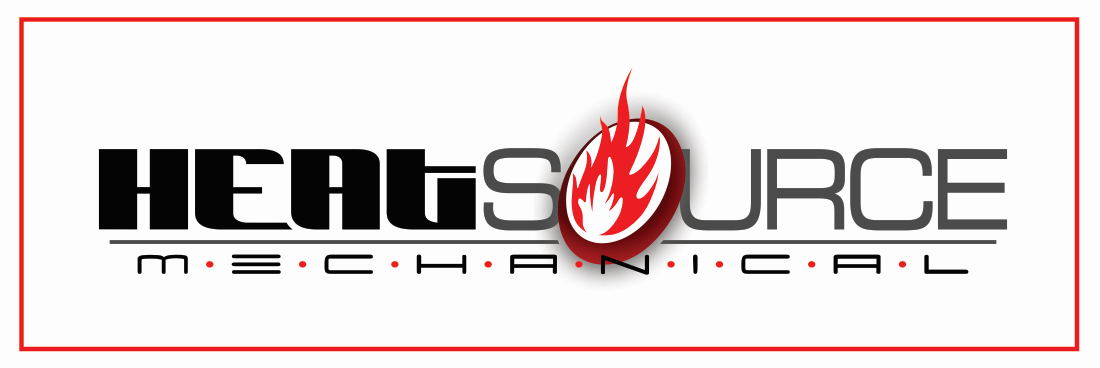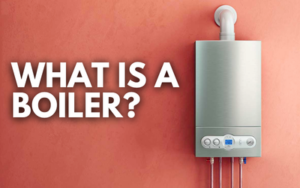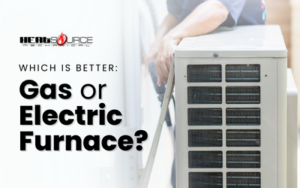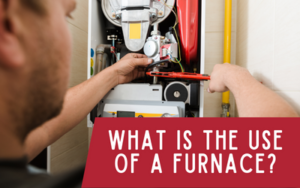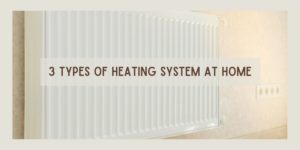A boiler, also referred to as a steam generator, is an apparatus designed to convert liquid into vapor. It is an essential component in a conventional steam power plant, which comprises a furnace to burn fuel, surfaces to transfer heat from the combustion products to water, and a space where steam can be formed and collected.
The history of boilers dates to the 1st century AD when Heron of Alexandria built boilers, but it wasn’t until the 17th century that such invention was seriously considered for practical work. Denis Papin of France designed the first boiler with a safety valve in 1679, and boilers started being used and made in England by the turn of the 18th century. The early boilers were made of wrought iron, but manufacturers shifted to using steel as high pressure, and temperature benefits were recognized. Today, boilers are made of alloy steel to withstand high pressures and temperatures.
Boilers are an essential part of our daily lives and play a vital role in maintaining comfort and safety in our homes and workplaces.
Types of Boilers
There are several types of boilers, each designed for specific purposes and applications. Here are the most common types of boilers and their key features.
Steam Boilers
Process:
Generate steam for heating, process applications, and power generation
Fuel source:
Typically use natural gas, propane, or fuel oil
Usage:
Used for various purposes, such as heating homes and buildings, powering power plants, and providing heat for industrial processes
Size:
Range in size from small residential units to large commercial systems used in power plants
Hot Water Boilers
Process:
Are designed to transfer heat from the combustion of the fuel to water in the boiler, producing hot water
Fuel source:
Use natural gas, propane, or fuel oil
Usage:
Provide hot water for various purposes, such as showers, cooking, and heating
Size:
Typically smaller than steam boilers and are used in residential and commercial applications
Electric Boilers
Process:
Are designed to use electricity as an energy source
Fuel source:
Do not require fuel; do not produce any emissions or pollutants
Usage:
Often used in homes and small businesses
May not be suitable for large-scale applications or in areas with limited electrical infrastructure
Size:
Are compact and easy to install
How Do Boilers Work?
The function of a boiler is to heat a fluid, typically water, which is pumped through your heating system, such as your heater. A traditional boiler heats water that circulates its combustion chamber. This hot water is distributed via small hot water pipes to heat baseboards, cast iron radiators, or radiant floor heating systems.
After being used, the water returns to the combustion chamber, ready to be used again when needed. For example, a steam boiler generates steam routed through pipes to heat the radiators in a home. Boiling water in a boiler can be powered by gas, oil, electricity, or natural fuels such as wood pellets.
A boiler can also function as a water heater. This will provide hot water for your kitchen, bathrooms, and laundry.
Advantages of Using Boilers
Boilers have been popular for heating homes and buildings for many years. Let us explore some of the key advantages of using boilers.
Energy Efficiency
Boilers are energy-efficient systems, as they use fuel to produce heat and hot water, which can then be used for various purposes. This makes boilers an efficient way to heat homes and buildings, as the heat produced is used directly, without the need for additional energy to be used. Boilers can also be designed to operate efficiently, reducing the fuel required to produce heat and hot water and reducing the overall energy costs associated with heating.
Versatility
Boilers are versatile systems, as they can be used for various heating applications, including heating homes and buildings, producing hot water for showers and cooking, and powering turbines in power plants. Boilers can also be designed to meet specific heating needs, making them an ideal choice for various applications.
Cost-effectiveness
Since they can turn almost all their fuel into heat, boilers are an economical way to heat a home or building. They are the perfect choice for use in larger structures or multi-story homes because they deliver consistent and even heat via pipes and radiators. Modern boilers are also made to be energy-efficient, lowering fuel consumption and energy costs. Even the initial investment can be spread over many years because properly maintained boilers last for decades. Additionally, they require little maintenance.
Safety Features
Boilers have various safety features, including pressure and temperature controls, safety valves, and automatic shut-off systems. These safety features ensure that boilers operate safely and efficiently and protect against overpressure, overheating, and other potential hazards.
If you are considering upgrading your boiler, please get in touch with HeatSource Mechanical. We distribute Weil-McLain boilers in Alaska, which are high-quality and energy-efficient gas and oil boilers. Weil McLain offers a complete line of cast iron boilers, with the Weil-McLain Ultra Gas Boiler offering the highest efficiency of comfort heating and being the only brand of boilers to provide the Good Housekeeping Limited Warranty.
Common Problems with Boilers
Like any heating system, boilers can experience various problems over time. Here are some of the most common problems with boilers.
Leaks
Leaks can occur in boilers due to a range of factors, including worn or damaged pipes, valves, or gaskets. Leaks can cause water loss and reduce the boiler’s efficiency and should be repaired as soon as possible.
Pilot Light Issues
Pilot light issues can occur in boilers, causing the flame to go out or become unstable. Various factors, including a faulty thermocouple, a clogged pilot light orifice, or a dirty flame sensor, can cause this. Pilot light issues can reduce the boiler’s efficiency and should be repaired as soon as possible.
No Hot Water or Heat
A range of problems, including a faulty thermostat, a clogged or dirty heat exchanger, or a problem with the fuel supply, can cause no hot water or heat. No hot water or heat can be inconvenient and should be addressed as soon as possible.
Thermostat Issues
Thermostat issues can cause boilers to overheat or underheat, reducing their efficiency and causing discomfort. Thermostat issues can be caused by various factors, including a faulty thermostat, a dirty or clogged heat exchanger, or a problem with the wiring. Thermostat issues should be repaired as soon as possible to ensure that the boiler operates efficiently and effectively.
Maintenance and Safety Tips
Regular maintenance checks are essential for ensuring that boilers operate efficiently and safely. Maintenance checks should be performed by a professional and should include the following:
-
-
- A visual inspection of the boiler and its components.
- Cleaning and replacing filters.
- Checking the pressure and temperature readings.
- Checking for any leaks or damage.
-
Regular maintenance checks can help identify and resolve potential problems before they become significant issues and can help extend the boiler’s lifespan.
In addition, it is essential to install carbon monoxide detectors to protect against carbon monoxide poisoning, fires, and explosions. To be safe, ensure that the boiler is in a well-ventilated area and that the boiler is installed correctly and secured.
It is essential to avoid overloading the boiler and follow the manufacturer’s instructions for operating it.
When to Call a Professional
Boilers are essential heating systems that play a vital role in heating homes and buildings, producing hot water for showers and cooking, and powering turbines in power plants. Boilers are efficient and cost-effective systems.
Regular maintenance is essential to keep boilers in good condition and prevent problems from developing.
If you experience issues with your boiler, schedule an appointment with HeatSource Mechanical. A professional can diagnose and resolve the issue and ensure that your boiler operates safely and efficiently. Additionally, if your boiler is due for its annual maintenance check, it is important to call an expert to perform the maintenance check.
With regular maintenance and proper operation, boilers can provide many years of reliable service and help to keep your home or business running smoothly.
